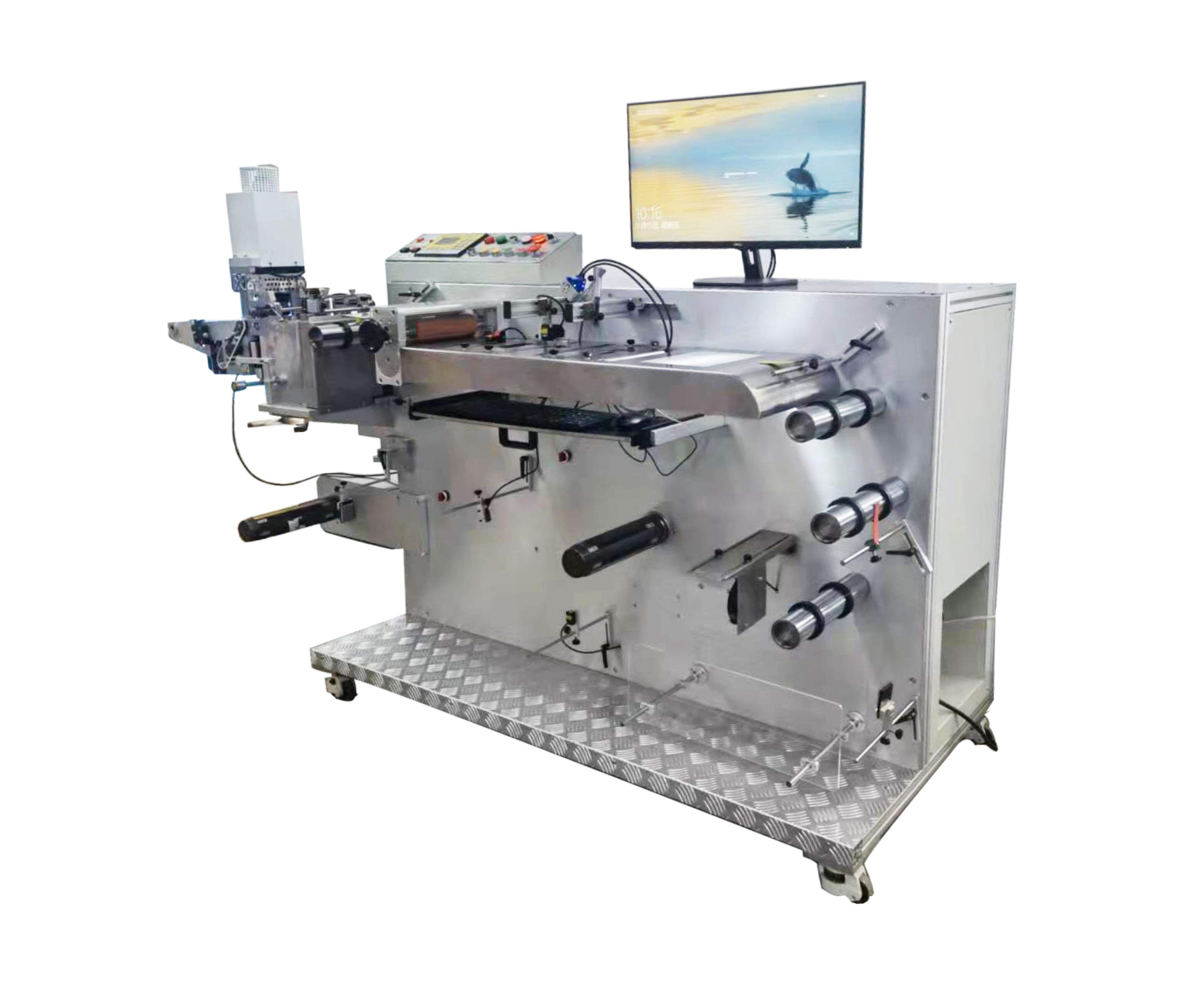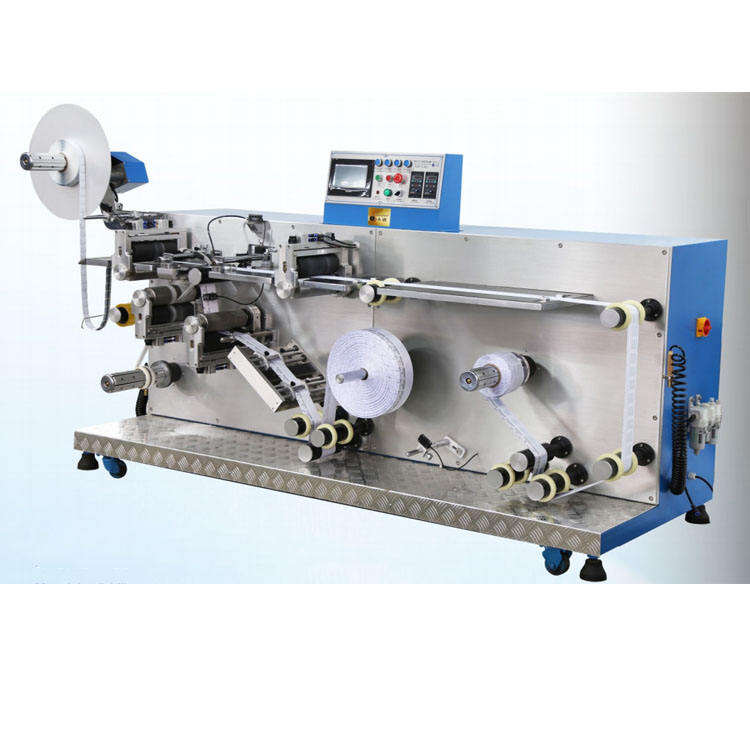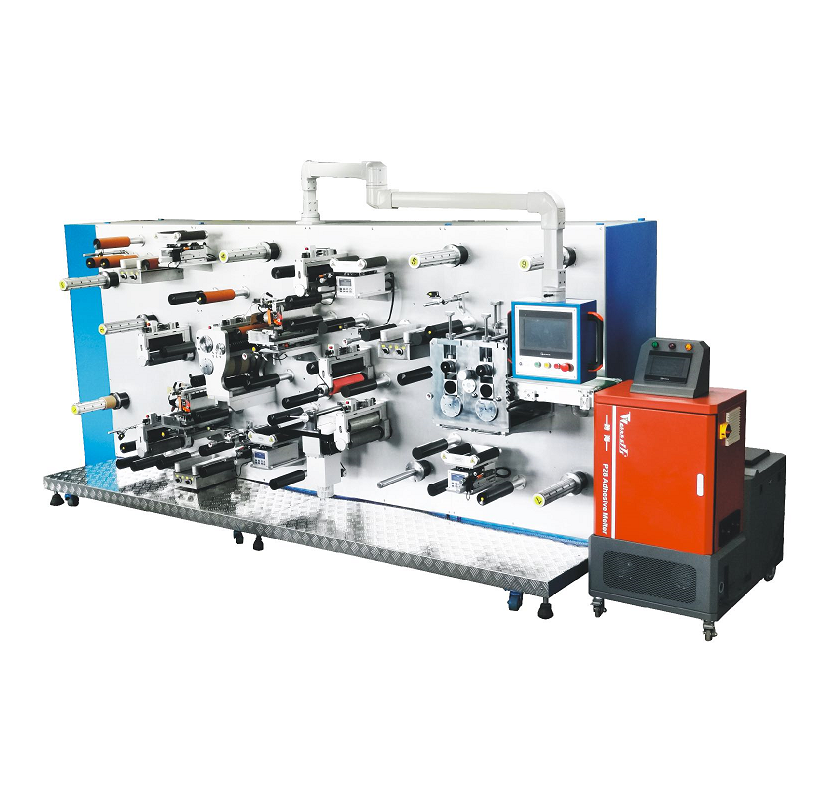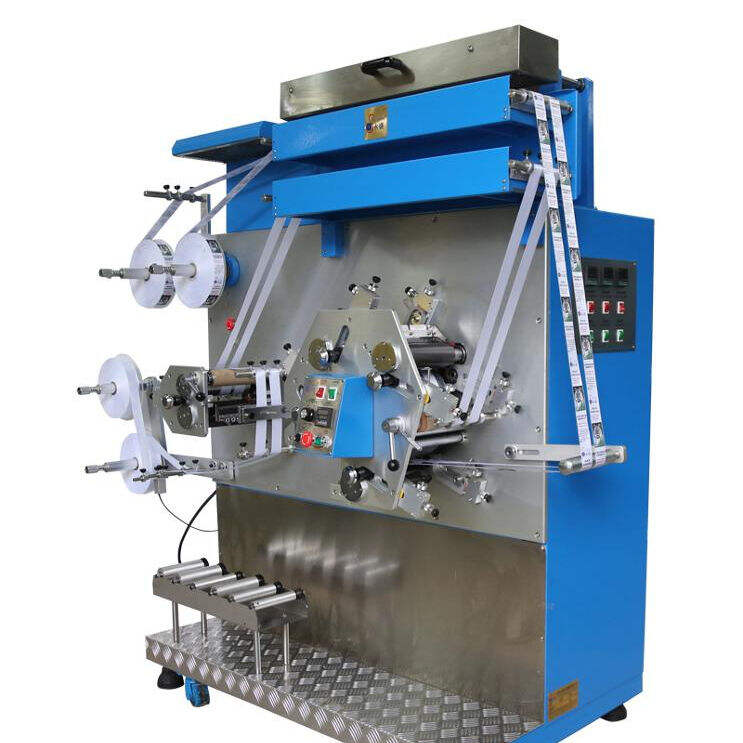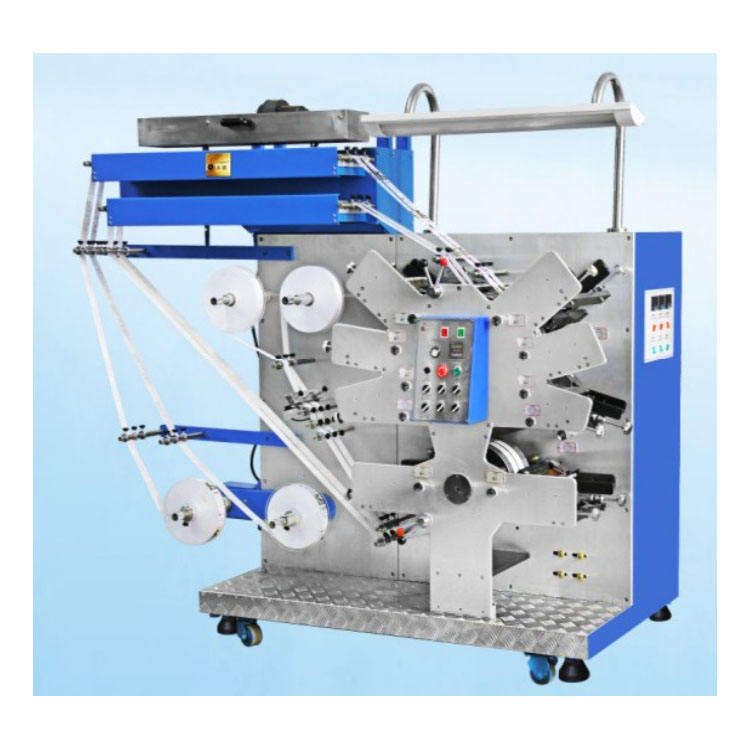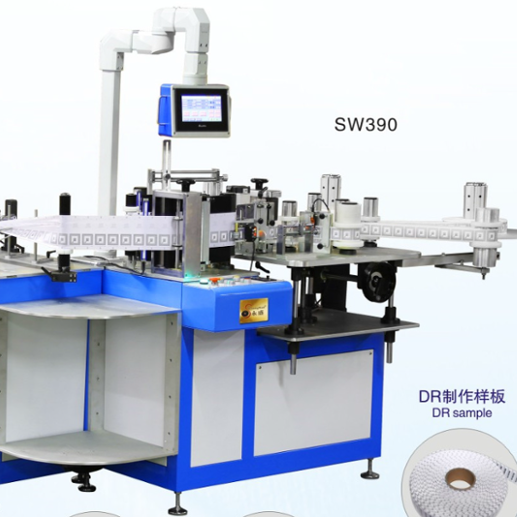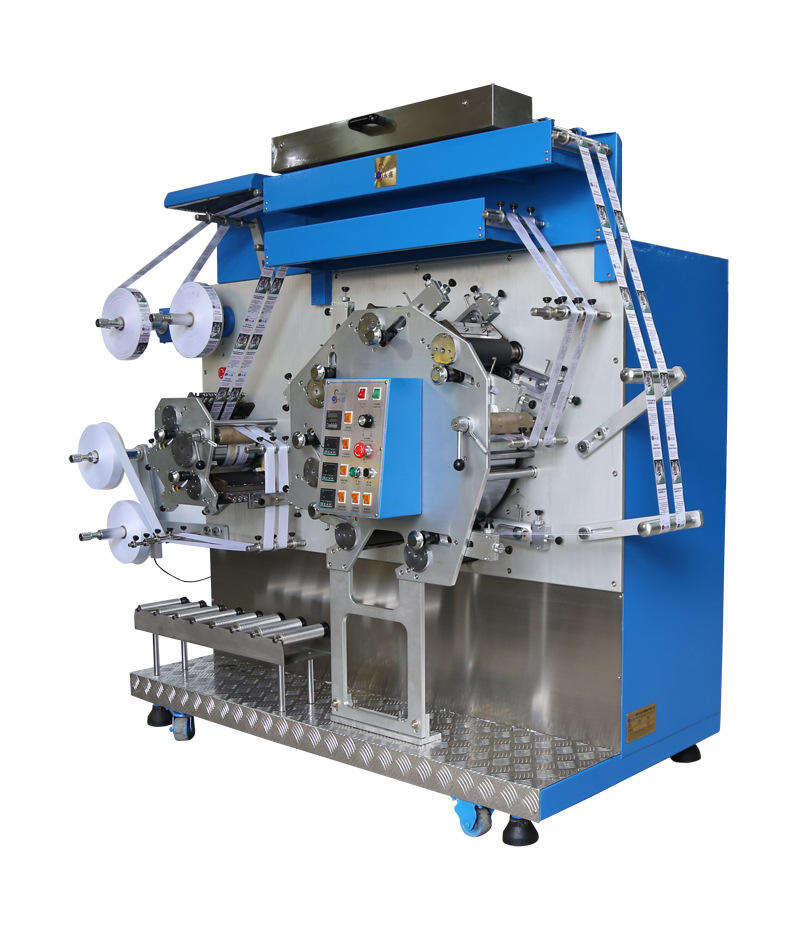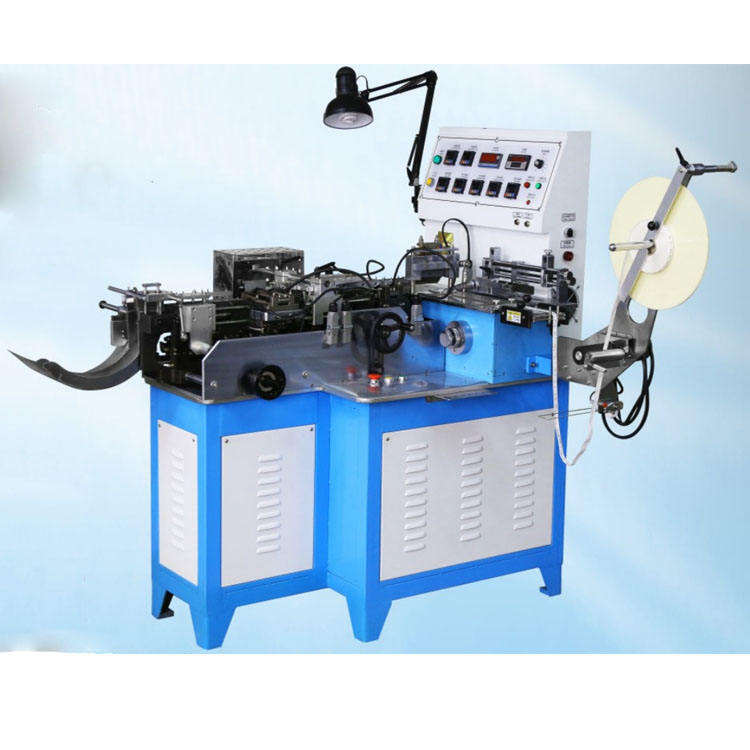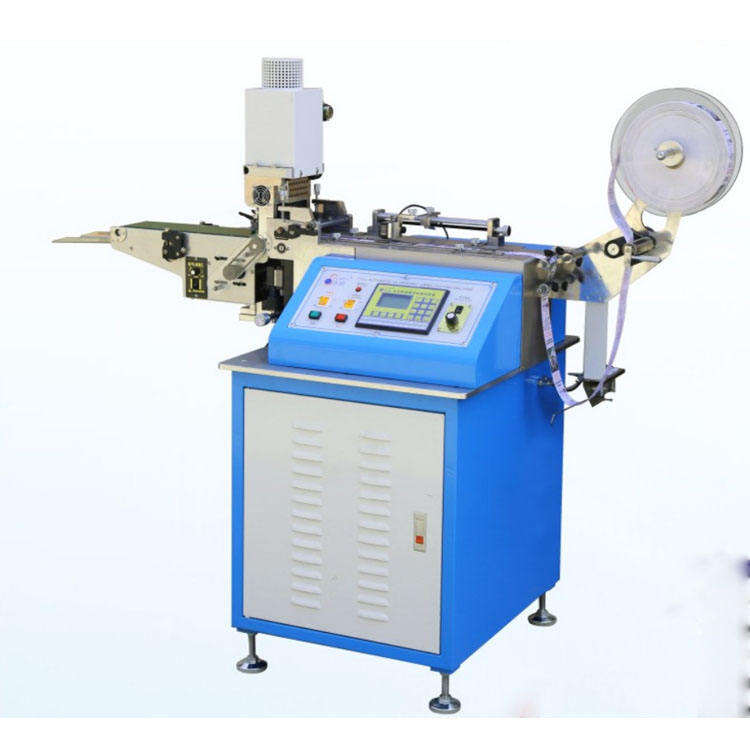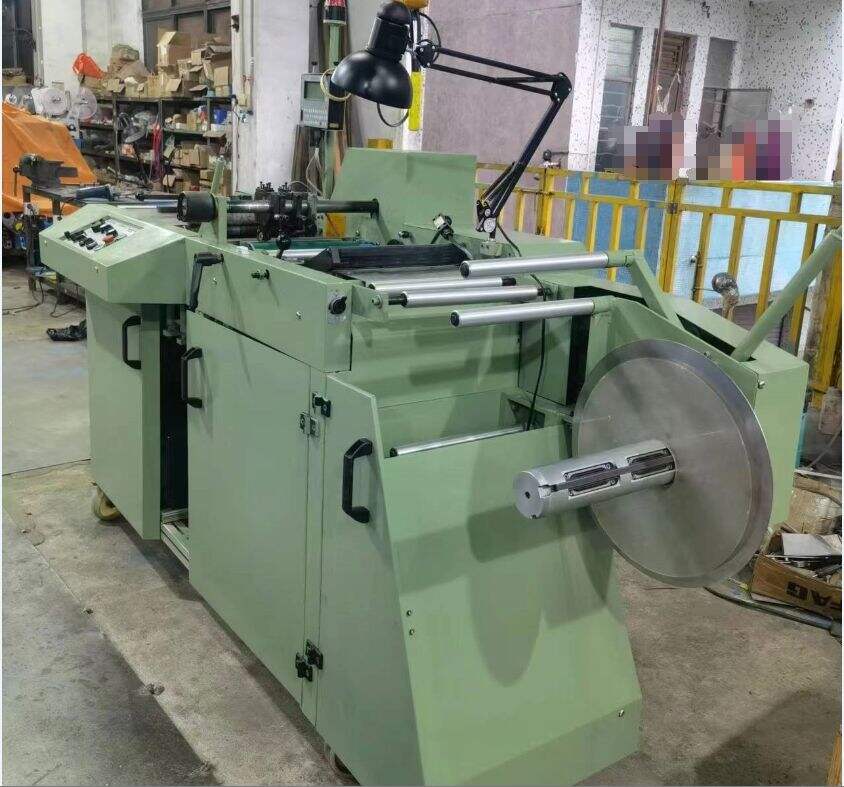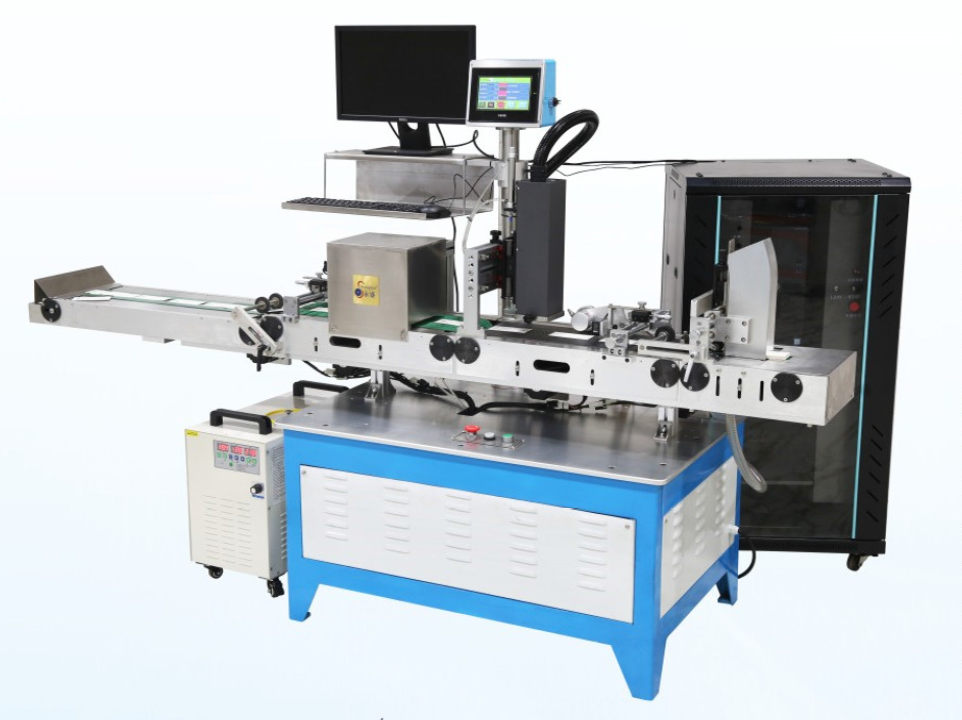Optimizing RFID Labeling Efficiency for Modern Supply Chains
The Critical Role of RFID Labeling in Supply Chain Management
How RFID Enhances Tracking and Visibility
RFID technology plays a pivotal role in supply chain management by ensuring real-time tracking of goods. This capability results in enhanced visibility throughout the entire supply chain, from manufacturer to retailer. The implementation of RFID tags can significantly reduce the time spent searching for goods by up to 75%, thereby streamlining operational workflows and increasing efficiency. This efficiency is further magnified when RFID is integrated with IoT technologies, providing organizations with predictive insights into inventory levels and locations. Additionally, the ability to scan multiple items simultaneously automates stock assessments, thereby reducing human error in tracking and inventory management.
Impact on Operational Efficiency
Implementing RFID systems in supply chain operations enhances operational efficiency, particularly in inventory management. Companies have reported a reduction in excess stock levels, largely due to the streamlined inventory management processes that RFID enables. A notable study revealed that organizations using RFID solutions witnessed a 30%-50% reduction in labor costs related to inventory tracking. This is a direct result of real-time data transfer capabilities, which enhance decision-making speed and empower businesses to quickly respond to supply chain disruptions. Additionally, eliminating manual processes through RFID enables companies to achieve order fulfillment rates of over 99%, minimizing errors and maximizing customer satisfaction.
Key Challenges in Achieving Optimal RFID Labeling Efficiency
Data Accuracy and Read Rates
Ensuring reliable data captures is a critical factor in achieving optimal RFID labeling efficiency. Poor data accuracy can lead to inventory discrepancies, impacting overall supply chain management. RFID systems must achieve high read rates, typically above 98%, to maintain consistent data integrity. Properly configuring read ranges and frequencies can significantly enhance system performance and reliability. Furthermore, the adoption of updated technologies, such as passive RFID tags, proves beneficial in improving read accuracy, especially in busy environments where interference could be a concern.
Integration with Existing Systems
Seamless integration of RFID technologies with existing systems is crucial for organizations aiming to consolidate data effectively. The challenge often lies in aligning RFID solutions with legacy systems, as this may require considerable system overhauls or updates. Working with experienced RFID vendors can facilitate smoother integration strategies and help mitigate the challenges of implementation, reducing time to value. Such expertise ensures that RFID systems complement organizational needs, leading to enhanced operational efficiency and strategic alignment with enterprise resource planning (ERP) systems.
Best Practices for Streamlining RFID Implementation
Choosing the Right Hardware Solutions
Selecting the correct hardware solutions is central to successful RFID implementation. It's crucial to assess the compatibility of RFID readers and tags with existing systems to ensure seamless integration into current operational workflows. If the hardware does not align with the systems, performance may be hindered, resulting in inefficient results. Furthermore, investing in durable and ruggedized RFID readers designed for warehouse conditions can greatly enhance both durability and performance, handling the demanding environments of logistics. Additionally, choosing the right RFID tags based on the materials used and environmental conditions can significantly influence the success rates of labeling. Proper selection can lead to substantial improvements in read rates, thus optimizing inventory accuracy and management efficiency.
Staff Training and Process Optimization
To maximize the potential of RFID systems, comprehensive staff training is essential. Proper training on RFID usage can significantly enhance system efficiency and user proficiency. By educating staff on how to utilize RFID technology effectively, organizations can ensure smoother operations and more reliable data capture processes. Implementing continuous improvement methodologies can help pinpoint process improvements within the RFID system. Regular feedback loops between users and technical teams are also vital. They enable ongoing enhancements and early detection of systemic issues, leading to robust process optimization. This approach not only strengthens the overall efficiency of the RFID system but also ensures adaptability to evolving business needs, ultimately driving operational excellence.
Advanced Solutions for RFID-Driven Supply Chains
RFID Coding Machine: Precision Encoding for Seamless Tracking
Incorporating RFID coding machines into your supply chain processes significantly enhances product traceability. These machines are designed to precisely encode RFID tags, a critical step in ensuring the accurate tracking of items as they move through various stages. With the ability to encode information rapidly, these machines are invaluable in environments where high throughput is essential. By minimizing errors through precision encoding, businesses can effectively reduce the costs associated with incorrect labeling and subsequent reworks.
Automatic RFID Printing Label Machine: High-Speed Production
For businesses aiming to meet high demand levels, automatic RFID printing label machines provide a time-saving solution in the labeling process. By supporting high-speed production capabilities, these machines enable companies to print and encode labels simultaneously, thus maintaining pace with consistently high market demand. The continuous operation feature minimizes workflow interruptions, ensuring streamlined production runs. Additionally, integrating RFID encoding processes during the printing step ensures the accuracy and reliability of each label produced.
RFID Labeling Machine: Accurate Tag Application
Utilizing RFID labeling machines ensures the precise application of tags, significantly reducing the chances of tag misplacement and subsequent read errors. Automation in the tagging process not only speeds up production but also liberates human resources for deployment in other crucial areas. Optimum performance is guaranteed when labeling machines are maintained with a robust schedule, ensuring consistent application results and extending machine life. Regular maintenance reduces unexpected downtimes and promotes consistent operational efficiency.
Real-World Success: Xemelgo's AWS-Powered RFID Platform
Case Study Overview: Hisco's Inventory Transformation
Hisco's transition to utilizing RFID technology marked a significant transformation in its inventory management processes. Faced with recurring stock-related incidents, the integration of RFID offered a comprehensive solution, significantly reducing such occurrences. This implementation not only increased inventory visibility but also allowed for quicker response processes. Metrics tracked post-implementation revealed a drastic reduction in order fulfillment errors, showcasing the substantial impact of RFID on operational accuracy and efficiency. As we examine Hisco's case, it becomes evident that adopting RFID technology can lead to substantial improvements in supply chain and inventory management.
Measurable Efficiency Gains in Modern Supply Chains
By adopting RFID technology, organizations report a noteworthy efficiency gain of 20-30% across different functions of the supply chain. The data-driven insights offered by RFID platforms enable businesses to proactively manage and mitigate supply chain disruptions, further enhancing operational performance. As efficiencies are identified and leveraged, companies can achieve a significant return on investment, translating these improvements into cost savings and streamlined operations. These measurable gains underscore the critical role of RFID in modernizing supply chains, providing businesses with a competitive edge in an increasingly dynamic market landscape.
Recommended Products
Hot News
-
Reflect On The Cultural Significance Of The Printing Press In Preserving And Disseminating Knowledge
2023-12-08
-
The Role Of The Printing Press In The Global Economy
2023-12-08
-
Environmental Impact: Analyzing The Environmental Footprint Of The Printing Industry
2023-12-08
-
The Frontier Of Printing: 3d Printing And Its Industrial Renaissance
2023-12-08
-
The Evolution And Impact Of The Printing Press
2023-12-08
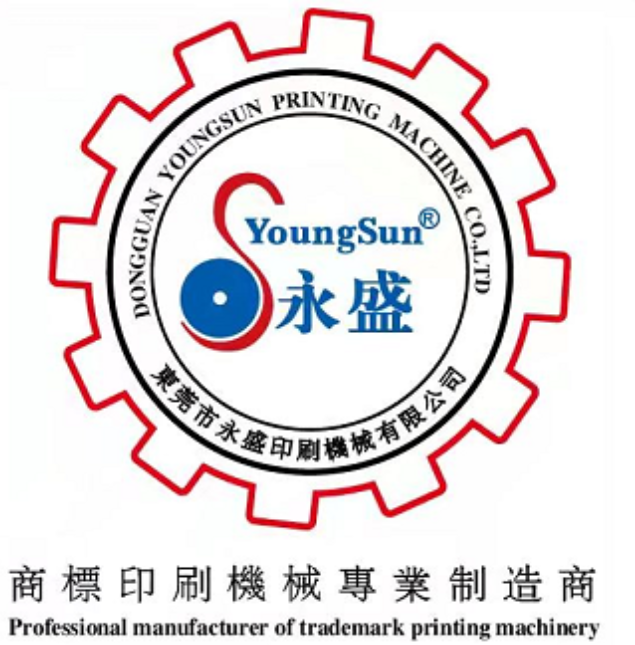
 EN
EN
 AR
AR
 CS
CS
 DA
DA
 NL
NL
 FI
FI
 FR
FR
 DE
DE
 EL
EL
 HI
HI
 IT
IT
 JA
JA
 KO
KO
 PL
PL
 PT
PT
 RO
RO
 RU
RU
 ES
ES
 SV
SV
 IW
IW
 ID
ID
 VI
VI
 SQ
SQ
 HU
HU
 MT
MT
 TH
TH
 TR
TR
 AF
AF
 GA
GA
 BN
BN
 BS
BS
 LO
LO
 LA
LA
 MI
MI
 MN
MN
 NE
NE
 MY
MY
 KK
KK
 UZ
UZ
 KY
KY
